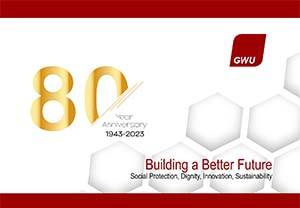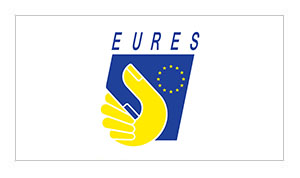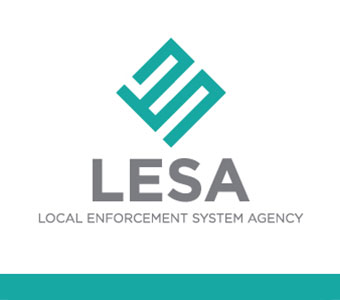This section is one of eight sections of the General Workers’ Union. It is a section in which it protects the GWU members who work in;
- The Civil Service
- The public sector
- Health and elderly care in the public and private sectors
- Public authorities
- Regulatory authorities
The workers covered by this section range from these manuals to professionals within the various sectors mentioned. This section represents member workers on a full time, part time, indefinite as well as definite contract.

How does the GWU get recognition?
When an organization has a majority of member workers at GWU (50% +1), the union receives recognition from the Department of Industry and Labor Relations (DIER).
What happens then?
- The section begins negotiating the collective agreement or industry agreement to improve workers’ rights and obligations
- The section has the right to be heard when layoffs and/or transfers are proposed
- Members have the right to have their membership fee deducted from their weekly wages
When can’t the union help?
The only situation where the section is unable to help is when members have problems that occurred before they became a member of the union. As well as in situations that have nothing to do with labour relations.
What does the GWU – Government and Public Entities section do?
- Represents the members
The Section is the essential link between the members of the GWU and the Union. The Section’s role is to work hand in hand with members to improve working conditions. In addition, the Section ensures that members are properly appreciated and that employers’ rights are respected. When this is not the case, the Section raises awareness of these situations both in the workplace and at the national level.
- Negotiation
This is the process by which the union discusses and negotiates with employers to improve working conditions, including better wages and allowances for workers. It also proposes budget proposals to further strengthen members’ rights.
- Campaign
It is part of our method of raising awareness of issues, strengthening members’ conditions and gathering support for local and international issues.
- Fair Justice and equality
One of the GWU’s main aims is to support members for justice and equality in the workplace and even abroad. The challenge against discrimination and equality is very important to us.
The Secretary of the Government and Public Entities Section
Kendrick Bondin is in charge of this section. He has worked with the Union since 2013 as Secretary of the same section. Prior to being elected Secretary of this section, he was elected Secretary of the GWU Youth Association. Kendrick has many years of experience in this field and it shows in the work he does for the Union and for all members within his section. His hobbies are yoga and swimming. He also loves animals, protecting the environment and is an advocate for human rights.
The history of this section
This section was established in the year 1943. The first collective agreement for employees of Public Service was negotiated with the government and signed on December 14, 1998. Prior to this collective agreement, a restructuring of all pay scales and grades within the public administration was carried out and new salary structures were established for the employees of Public Service. This exercise took place between 1991 and 1995. The new salaries and career paths were introduced through negotiations between the public administration and the trade unions. It is also worth noting that working conditions in the Public Service are laid down in the Constitution of Malta, the Public Service Act and the Public Service Management Code. Over time, the Section began to negotiate various collective agreements for public authorities, public bodies and regulatory bodies.











